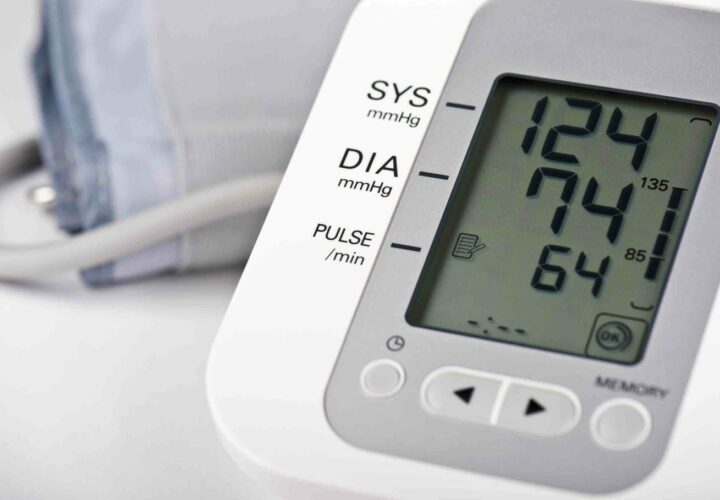Researchers found that low-dose aspirin has no effect on decreasing the risks of mild cognitive impairment (MCI), cognitive decline or dementia.
Aspirin is ineffective in reducing the risk of Alzheimer’s, according to a new study. While aspirin is one of the most widely used treatments to prevent cardiovascular diseases, the researchers found that low-dose aspirin has no effect on decreasing the risks of mild cognitive impairment (MCI), cognitive decline or dementia.
Because cardiovascular issues are key risk factors in Alzheimer’s, there were biological grounds for scientists to believe that aspirin could decrease the risk of the disease. Aspirin is an anti-inflammatory and antipatelet agent that stops blood cells from forming blood clots.
Since inflammation is a driving force in Alzheimer’s, researchers hypothesized that it could perhaps reduce or prevent brain inflammation. Aspirin has been examined in the past for its potential in treating dementia.
There was also preliminary evidence from large cohort studies showing that people who have taken aspirin had a reduced risk of dementia.
“However, cohort studies are susceptible to a lot of biases because there could be other reasons that those people are taking aspirin,” Dr. Joanne Ryan, a senior research fellow and senior lecturer at the School of Public Health and Preventive Medicine at Monash University, said in an interview with Being Patient.
Ryan and a group of scientists from Monash University conducted the first placebo-controlled trial of aspirin on people who were 70 years and older. They recruited 19,114 people who were healthy. While some participants were enrolled through general practitioners in Australia, others were recruited through clinic-based mailing lists, electronic medical screenings and media advertisements in the United States.
The research team randomized the participants, giving half of them 100 milligram low-dose aspirin and the other half placebo tablets daily. They conducted regular cognitive tests and examined the participants’ medical conditions over a median of 4.7 years.
The scientists found no difference between those who took aspirin and those who took placebo tablets when it came to the risk of developing mild cognitive impairment, dementia, or Alzheimer’s.
But it still leaves an unanswered question: Could aspirin reduce the risk of dementia and cognitive decline in middle-aged adults? After all, mid-life vascular risk factors like hypertension and diabetes are associated with an increased risk of dementia and mild cognitive impairment later in life.
But conducting a clinical trial over such a long period of time is impossible, according to Ryan.
Perhaps examining the participants for 4.7 years was not long enough to study the effects of aspirin. But Ryan doubts that a longer study would yield different results.
“I personally don’t think that there’s much hope that a longer term treatment would be beneficial in this older age group… I think it’s quite conclusive that aspirin has no effect on dementia,” Ryan said.
Two previous trials of low-dose aspirin also showed that the drug had little effect in curbing the decline of brain function. One study involving 6,377 women aged 65 years showed that aspirin wasn’t associated with cognitive decline. Another trial of 3,350 men and women over 50 years old with risks of cardiovascular disease also failed to show any benefits in preserving brain function.
Research has also shown that other nonsteroidal anti-inflammatory drugs (NSAIDs) have little effect on dementia and cognitive decline. Celecoxib, a drug commonly used to treat arthritis, has no benefits for cognitive function or reducing the risk of Alzheimer’s. Neither does the drug used for treating headaches and tendonitis, naproxen, have any effects on cognition for people with a family history of Alzheimer’s.





